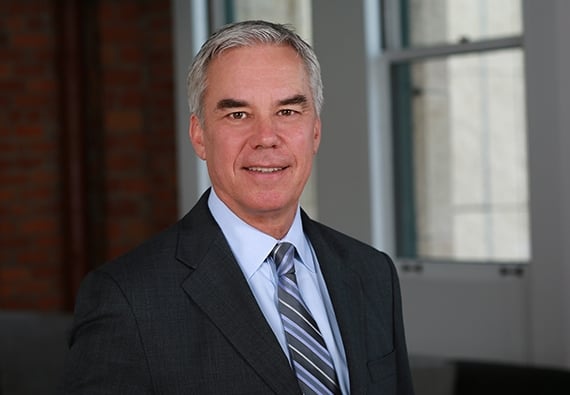California Court Rejects Non-Competition Agreement As Necessary To Protect Confidential Information
On November 19, 2009, a California Court of Appeal published a decision continuing the trend against enforcement of non-competition clauses in California. In Dowell v. Biosense Webster, Inc., 09 C.D.O.S. 13991, the Second Appellate District affirmed a finding that non-compete and non-solicitation agreements not narrowly constructed only to protect trade secrets are void under California law. The court also expressed doubts as to whether even those more narrow non-compete agreements are authorized under California law.
In Dowell, Biosense Webster, Inc., a medical device manufacturer, hired the subject employees to educate physicians about Biosense's devices. As a condition of employment, Biosense had required that the individuals sign agreements that, for 18 months after leaving Biosense, the individuals would not render services to any competitor where such services could "enhance the use or marketability of a [competing product] by application of CONFIDENTIAL INFORMATION" to which the employee "shall have access" during employment." The agreement defined "CONFIDENTIAL INFORMATION" essentially as any information "not generally known to the trade or industry" concerning Biosense's business or products. For the same time period, the agreements also precluded the employee from soliciting any customers with whom the employee had contact for Biosense in the year before termination. The agreement recited as justification for this clause that Biosense had invested time and resources in its customer relations. The agreements provided that, although the individuals were employed in California, the agreements were to be interpreted under New Jersey law.
When the employees left Biosense to work for its competitor, St. Jude Medical, Inc., Biosense sent a "cease and desist" letter insisting that its agreements precluded these former employees from working for St. Jude. In response, St. Jude filed a civil action against Biosense seeking that the court declare the agreements void under California law. The trial court granted summary judgment for St. Jude, finding that the agreements violated California public policy as articulated in California Business and Professions Code §16600, which voids most agreements "by which anyone is restrained from engaging in a lawful profession, trade of business."
The Court of Appeals affirmed summary judgment, rejecting Biosense's argument that these restrictions were justified by a need to protect its trade secret information. The Court acknowledged that some judicial opinions had recognized a common law exception to Section 16600 allowing contractual competition restrictions that were necessary in order to protect the employer's trade secrets. In light of recent case law, including the California Supreme Court's decision in Edwards v. Arthur Andersen LLP, see FBM Employment Law Client Alert dated August 12, 2008, the court stated, "[W]e doubt the continued viability of the common law trade secret exception to convents not to compete."
The court, however, found that it did not need to resolve that doubt because it agreed with the trial court that the Biosense agreements were broader than necessary to protect any Biosense trade secrets. It noted that "CONFIDENTIAL INFORMATION" was broadly defined to cover information well beyond what the customer relations employees could access. The court also held that the non-solicitation clause did not appear to be limited to protecting any confidential information since it precluded performing work even for customers who contacted the former employees.
The Dowell decision confirms that California courts have become more hostile than ever to non-competition and non-solicitation restrictions, and that designating non-California law will not prevent enforcement of Section 16600. Employers should consult with counsel when drafting any such covenants and also when considering enforcement of any agreements that restrict the actions of former employees.

